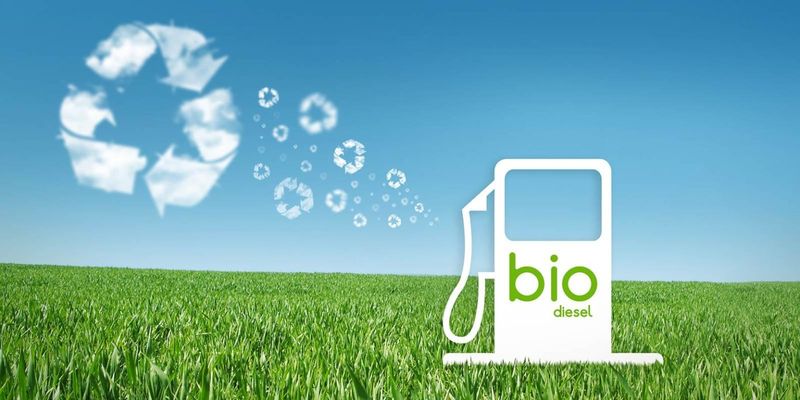Indonesia boosts biodiesel mandate

Rising biodiesel mandates around the world will help keep vegetable oil supplies tight in 2023.
Indonesia has announced plans to implement a 35 percent mandate (B35) as early as January 2023, according to a Mecardo analysis that appeared on the UkrAgroConsult website.
“This will increase domestic Indonesian palm oil demand, providing support for palm oil prices, and, in turn, other oilseeds in the vegetable oil complex, such as canola,” stated the article.
The government said it is taking this step to combat rising crude oil prices and to reduce the country’s greenhouse gas emissions.
The current mandate is B30, so the new program represents a five-percentage point increase in fuel blends.
It would push Indonesia’s domestic palm oil use to 12 million tonnes, or 25 percent of total production, according to the Mecardo article.
Indonesia’s palm oil production is forecast to rise three percent to 48.1 million tonnes in 2023, according to the Indonesian palm oil board. Exports are forecast at 33.5 million tonnes, an eight percent increase.
That export estimate would likely drop if the government followed through with the mandate increase, because there would be an extra 1.8 million tonnes of oil redirected to Indonesia’s domestic biodiesel sector, according to the article.
Indonesia had previously announced its intention to move to a B40 mandate, but it ran into problems. Two out of the 12 popular car models it conducted road tests on had issues with the blend, stated the Mecardo analysis.
Brazil is another country that is increasing its biodiesel mandate next year, moving to a B15 blend on April 1, up from the B10 in place today.
An estimated 70 percent of the country’s biodiesel is made from soy oil, so that will be another bullish factor for vegetable oil markets in 2023.
Reuters reports that the country’s biodiesel sector is expected to consume 30 million tonnes of soybeans in 2023.
The United States Environmental Protection Agency is proposing 2.82 billion gallons of biomass-based diesel volume in the U.S. in 2023, a two percent increase over 2022 levels.
Biofuels proponents said that target “beyond woefully” underestimates the demand for that type of fuel in the U.S. The Chicago January soy oil contract lost 16 percent of its value immediately following the EPA’s announcement.
Neil Townsend, analyst with FarmLink Marketing Solutions, said the market is in a mood where it is responding more to bearish news like the EPA announcement than bullish news like that coming out of Indonesia and Brazil.
“We’re at that sort of death by a thousand cuts stage,” he said.
The general mood is one of extreme caution due to the slumping global economy.
“Everybody is scared about Chinese demand because of COVID and because of their economy,” he said.
But he remains optimistic about the vegetable oil complex over the next two to five years.
Townsend feels the fossil fuel industry has not been adequately investing in exploration and refining capacity to meet the looming demand for fuel.
By contrast, the biodiesel and renewable diesel sectors have been investing heavily in expanding capacity to meet demand when the world emerges from recession.
Read also
Wheat in Southern Brazil Impacted by Dry Weather and Frosts
Oilseed Industry. Leaders and Strategies in the Times of a Great Change
Black Sea & Danube Region: Oilseed and Vegoil Markets Within Ongoing Transfor...
Serbia. The drought will cause extremely high losses for farmers this year
2023/24 Safrinha Corn in Brazil 91% Harvested
Write to us
Our manager will contact you soon



